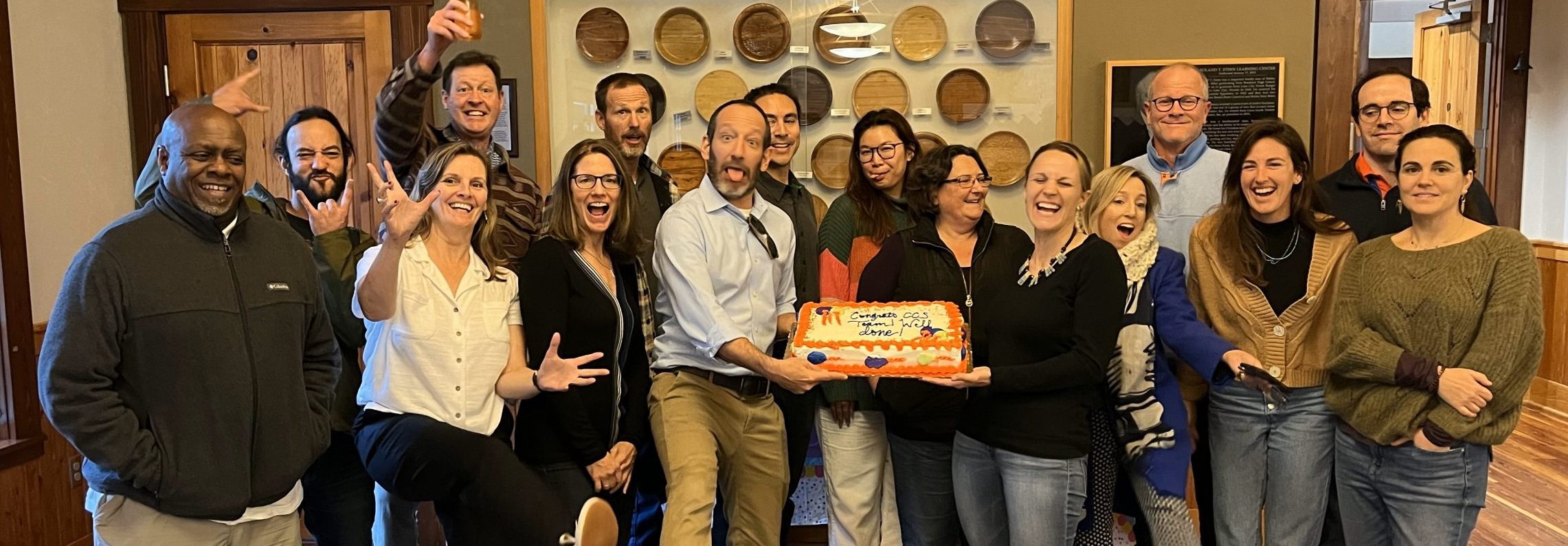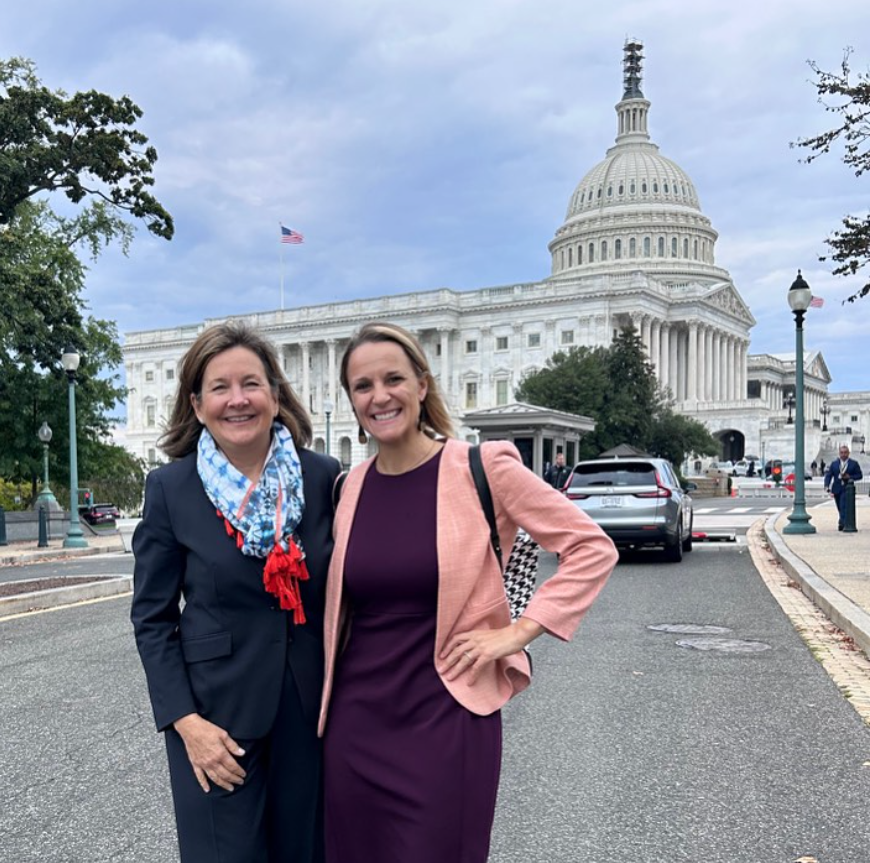Sustaining our momentum and scaling our impacts in 2024
In 2023, CCS rode a surge of success, and this year is also rolling out with a whoosh!
In January, we brought CCS students, faculty, advisory board and our collaborators together for a daylong retreat to check progress against the three-year strategic plan we created a year ago. It was invigorating to see just how much of the plan we accomplished in our first year, thanks to a small but dedicated and passionate team and board, and the unwavering support of our partners and collaborators.

In 2023, we focused on shoring up the team and new areas of research with the goal of answering key questions and solving problems that positively impact coastal communities. To translate our research into real-world impacts, we continued to build and strengthen relationships with partners at the local, state and federal level where decisions get made.

This year marks our third anniversary as an ‘academic incubator’: After several years of building the foundation and toiling away in the muck (literally), we’re seeing payoffs. Our septic to sewer conversion tool, for example, which uses state-of-the-art algorithms to deliver cost-effective and efficient options for reducing the amount of nutrients from septic tanks going into our waterways, is now being used by decision-makers in places like Winter Park to make infrastructure investments.
The results of a new study just out in Nature, which I had the great fortune to be part of as a graduate student at the University of Florida–shows how the reintroduction of a top predator in an estuary in California has had a profound impact on the health of its salt marshes, despite other stressors from sea level rise, development and industrial pollution. These results have global implications for how we approach the restoration of natural spaces. You can read about this and other CCS research that’s informing coastal restoration strategies in this month’s newsletter.

During our retreat, we renewed our commitment to the ‘why’ of our research and technology program, which is to generate impacts in four spaces:
- Forecasting coastal hazards
- Nature-based solutions for coastal resilience
- Optimizing water quality investment and management decisions
- Building Florida’s Digital Twin to rapidly simulate solutions
In 2024, we will work to enrich the learning experiences of our students through a new educational partnership with the US Army Corps of Engineers and its Engineering With Nature program, which focuses on incorporating natural infrastructure and processes into solutions for coastal resilience. We must also strengthen our financial foundation to support the work – the otter story reinforces the benefits of persistent, long-term research.
Our plans for 2024 reflect our commitment and will ensure we continue our momentum. We’re standing up to have even greater impacts in 2024. And to have fun doing it!
